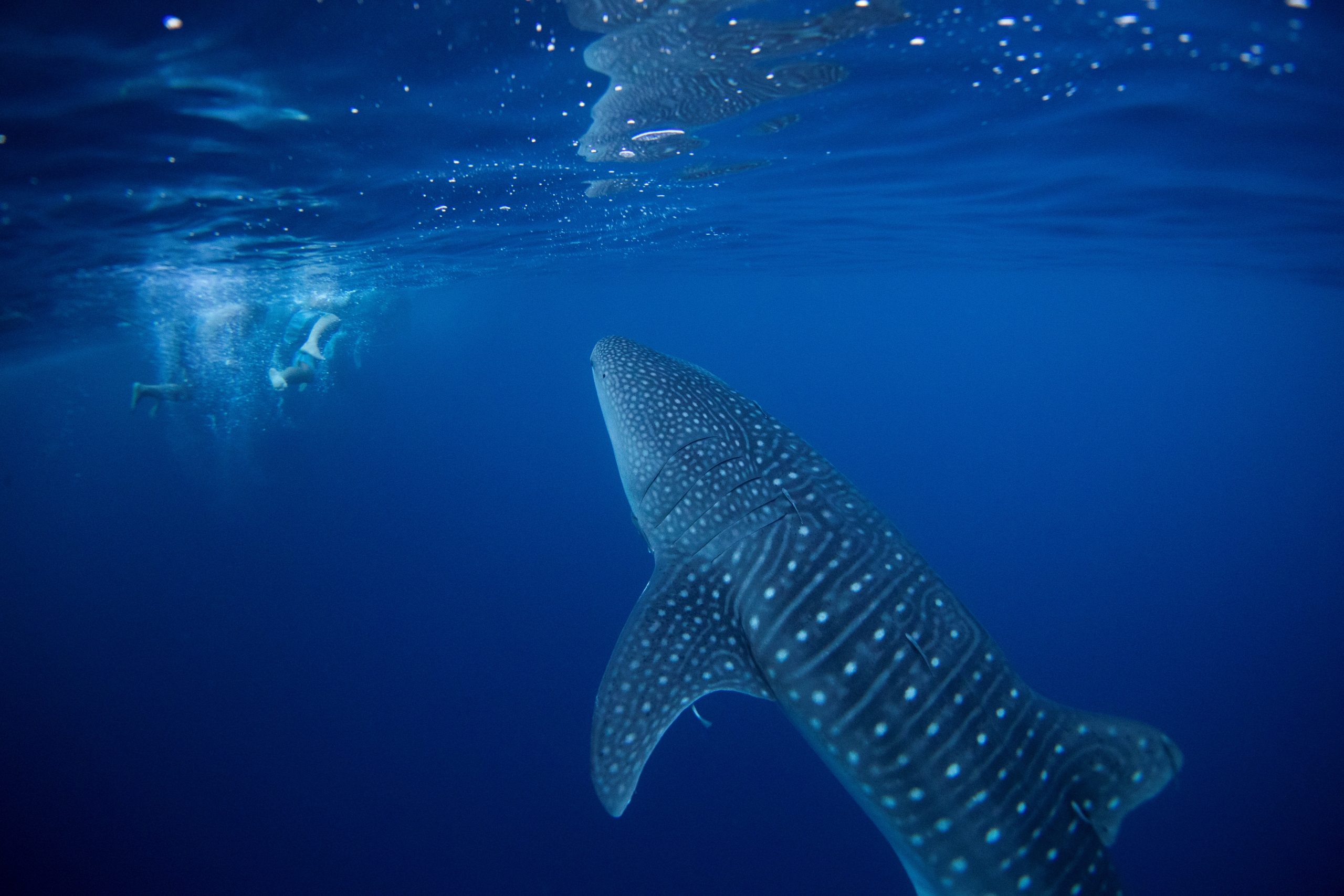
Willie R. Tubbs, FISM News
[elfsight_social_share_buttons id=”1″]
The world will soon learn just how much value the nations of earth place in a treaty.
Over the weekend, the United Nations announced that more than 200 nations had agreed in principle to a treaty that will produce historic oversight into how marine life is treated in international waters.
“The Global Oceans Treaty agreed on today is the biggest conservation agreement in the history of the world,” Arlo Hemphill, Greenpeace USA’s senior oceans campaigner, said in a statement. He added,
This is a huge victory for the billions of people who depend on healthy oceans and for the animals that call the oceans home. It is a win against climate change and biodiversity loss. Everyone on Earth should breathe a collective sigh of relief. Although the treaty is pending formal adoption, we now have the legal framework to protect and better manage over half of our planet.
The new treaty, which CNN reports came at the end of a 36-hour marathon session, is certainly unprecedented, but it remains to be seen if the deal will be honored by the nations that matter most.
According to BBC News, Russia has already registered concerns about the new arrangement. The most important element of this agreement, for all the celebration of nations agreeing to work together, will be if all nations actually honor the agreement.
The UN can create as many treaties as it likes, but unless states ratify those agreements at the national level, the new treaty will never “enter into force,” a term signifying that a treaty has legal authority and effect.
“There is a real delicate balance, if you don’t have enough states it won’t enter into force,” Dr. Simon Walmsley of the World Wildlife Fund told the BBC. “But also need to get the states with enough money to get the impact. We are thinking around 40 states to get the whole thing into force.”
If truly implemented, the new treaty would put the world’s richest nations on the hook for millions of dollars in spending toward preserving the biodiversity of the ocean.
Beyond investment, the treaty would call for 30% of international waters to be under some form of protection by 2030. But, as of this writing, the UN has not yet worked out just how this system will operate.
The plan calls for the creation of “Marine Protection Areas,” a concept that remains vague as nations have yet to agree on where these will be, specifically, or what sorts of protections will apply.
It’s a safe assumption that severe restrictions on fishing and pollution would be the primary point of a Marine Protection Area, but these are the two areas in which nations will be most likely to resist.
Environmental concerns tend to be “not in my backyard” propositions. Nations are happy enough to agree that other economies can take a hit in the name of conservation but far less enthusiastic to have their own national bottom lines affected by the same.
